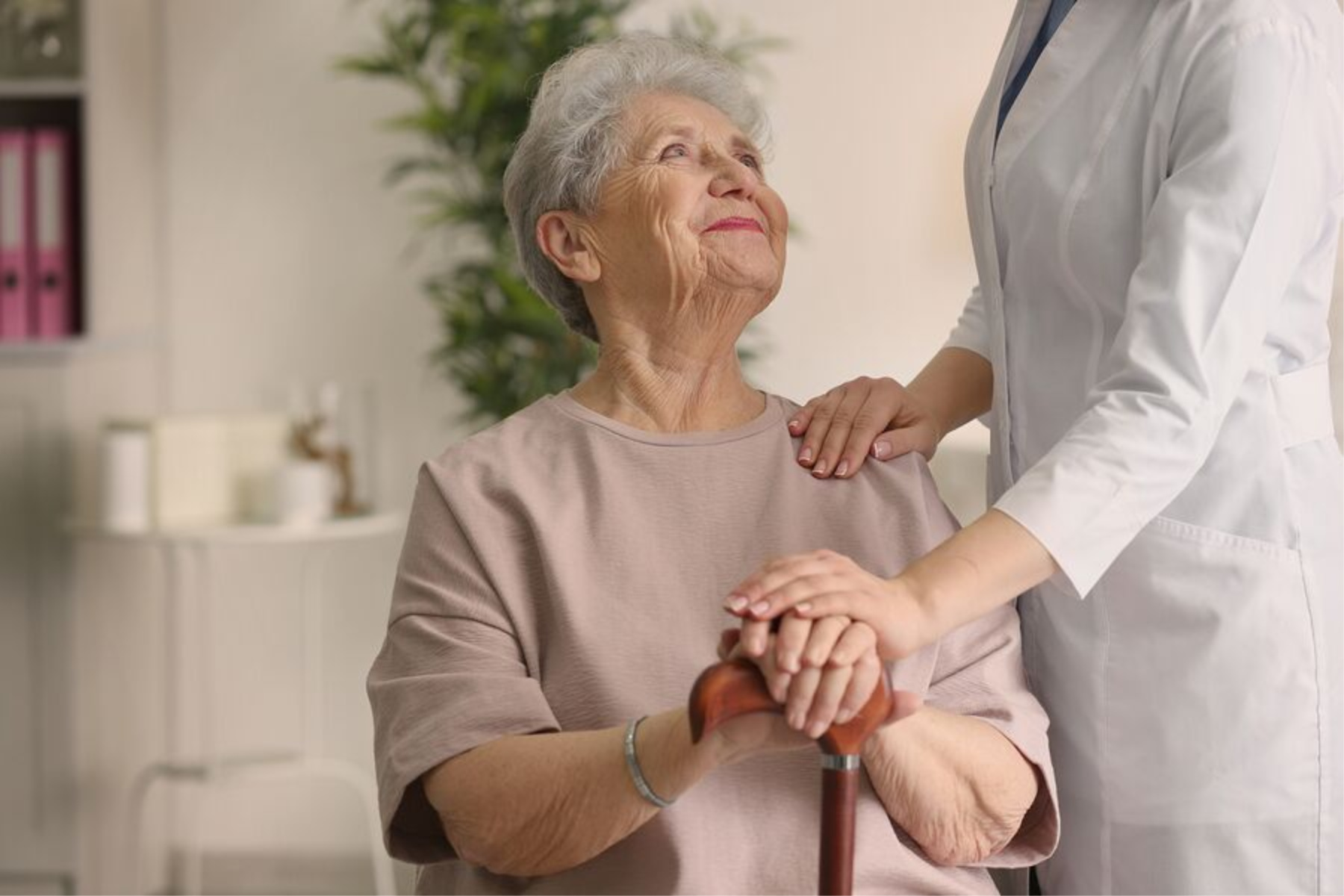Adult children often find that their parents don’t quickly or easily agree to a regime of healthcare or home care. And yet it might be obvious to you and everyone else that dad or mom does need some help.
Why do elders resist help?
Most of our beloved parents and grandparents have spent a lifetime taking care of themselves and others. They are justifiably proud of their accomplishments. When they hear an adult child indicate that their house needs cleaning or that they need bathing, they may take it as an insult and an outrage from someone who used to respect and look up to them. The fact that you still respect and look up to them may not be obvious.
Besides the pride, aging parents resist care for other reasons, including:
- Accepting home care will involve a loss of privacy. This loss may be quite minor, in fact, but the fear of it can loom large for people over 65.
- Memory loss. When dementia is involved, a parent may not remember the fall he took last week or the difficulty he had doing the laundry.
- Fear of the cost and being a burden to the family. This may be a problem when parents are unable to cover the cost of home care themselves.
- It means accepting the reality of a debilitating condition. A parent may have trouble admitting that there’s a loss, especially if it’s a loss of mental acuity.
Address the resistance with these steps
It’s important to do an honest inventory of the ways mom or dad really needs help. Maybe he’s still doing a good job of cooking and cleaning up the kitchen, but could use some reminders to pay bills. Make a list of the things that really need to get done, and assign some of them to yourself and your siblings, if possible.
Frame your need for home care in terms of your own needs. This sounds something like, “I need to know that you are not up on a ladder, changing a lightbulb. I spend a lot of time worrying about you. I know you don’t want me to be as stressed out as I am.”
Ask your parent about her preferences. She should feel like she is part of the decision making process. This might sound like, “Would you like someone to bring groceries to the house or take you to the store to buy your own things?”
Frame it as a short-term experiment. This works particularly well if your parent has had a scare, like a fall, or couldn’t find his way home from a walk or a drive. This might sound like, “I’d like to send someone over to help you for a week or two because you need time to recover.”
Once a parent has become accustomed to having a home care aide in his home, it may be a lot easier to continue with home care.
If a parent is primarily worried about the cost, to you, of home care, you can refer to the home care aide as a “volunteer” or pretend that home care is a Medicare benefit.
Don’t neglect your own needs. You can’t help your mother or father if you are getting too stressed or tired. In the end, you may not get your mother to accept help this week. But you can take care of yourself.
In conclusion, parents may not immediately wish to accept the gift of home care. But, with patience and strategy, you are likely to prevail eventually. Talk about your worries. Make your parents part of the decision. And don’t neglect your own well-being.
If you or an aging loved-one are considering hiring Homecare in Jacksons Gap, AL, please contact the caring staff at Prime Home Health today. Caring for Our Friends and Neighbors in Tallapoosa, Chambers, Lee, Macon, and Russell Counties! Call us 24 hours a day, 7 days a week! 334.745.7966
Sources


